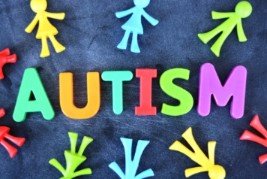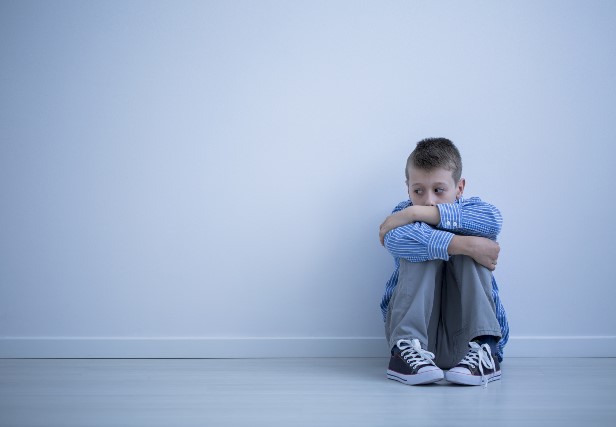Children with Autism Learning Magic Tricks

Did you know that magic tricks might benefit your child with Autism?
Autism is a neurological disorder which manifests in many ways, including difficulty reading social signals. It is the second most common diagnosed developmental disability in children, with 1 in 88 children diagnosed with Autism.
Most of these children struggle to have meaningful conversation, recognize thoughts and feelings of others, take multi-perspectives, acknowledge when they are “wrong” and learn from these mistakes, are not socially-flexible, and struggle with other common social interactions and tasks. In contrast, Magicians relay on misdirection, social nuances, and social manipulation to make many of their tricks work. What happens when a child does not focus on the correct area for the trick? Or maintains too strong of attention in the wrong area?
Magicians are excited about this new research. They know that much of their success is dependent on directing others’ interest and attention. Building these skills in children with disabilities, such as Autism, can change the trajectory of a young person’s life. Magician Apollo Robbins has shared that he believes he can immediately tell when someone in his audience has high-functioning Autism; he has to work harder to pull their attention and focus it on his intended target. He sees the impact in his own performance and wonders how direct teaching might change things for children. Researchers hope that using magic in research and treatment might also lead to treatment ideas for other neurological conditions, like traumatic brain injuries, attention deficit hyperactivity disorder, and Alzheimer’s disease.
Not everyone is on board. Some individuals with Autism, and researchers of Autism highlight that the disability is varied in how it manifests and not all treatments will work for all individuals. They worry that not enough research has been done with a wide variety of children with autism. They are also concerned that, right now, the research is too generalized and much of the findings could be true for any child, not just a child with Autism.

In Australia and the United States, some research is already under way. The HOCUS FOCUS curriculum, used by parents, teachers, and paraprofessionals, focuses on being child-centered and play-based. HOCUS FOCUS teaches children to use simple magic tricks to reach functional objectives, including problem-solving and social skills goals. Working in this play-based setting on focus targets improves the generalization of skills across a variety of environments, including school, home, and the community. HOCUS FOCUS, just one way to use magic with children, is exciting and fun – targeting skills in a new way. Rather than just focused on mimicking skills, children using this curriculum work to give them a “natural” environment to use these skills. Researchers have shown that by improving social skill functioning, children often improve in other areas, as these social skills impact learning and success across much broader areas.
Further research has also shown that magic tricks, and success in this area, has the potential to be highly motivating for children. Being proud of an ability like, the desire to perform it to small audiences, could encourage children to continue to learn new skills, engage with new people, and provide more natural settings for the children to keep practicing new social skills and cues. Using magic tricks with children might assist with the development of attention and proximity (closeness with others), two-way communication, expression and use of feelings, and development of logical thinking.
Consider working with your child on basic magic. It can be a fun joint activity to develop social skills and higher level thinking (problem-solving). This play-based activity can be worked on with other children, parents, or caregivers. (or even alone). You will feel proud when child puts on his or her first magic show for you, family, and friends. You may see improvement in affect, social skills, and attention in this area, and others!
About Me and The Merchant of Magic

I'm Dominic Reyes BSc Psych (Hons) M.M.C, a full time professional magician and member of The Magic Circle. I teach, write, and lecture on sleight of hand, misdirection and practice techniques to magicians, as well as owning The Merchant of Magic which is the UK's largest magic shop. You can find out more about me on my page @dominicreyes
Want more posts like this?
There are so many areas of magic that we can explore, it's hard to know which people find most useful. Would you like more posts about the psychology of magic? If so.. let me know with an upvote or reply.
If you have any questions relating to the study or performance of magic, leave a comment and it will be added to the post topic list. Best wishes and good luck with your magic!
Great read!
Thanks Mars26986 I appreciate it
amazing. please also check my posts
Thanks I will!